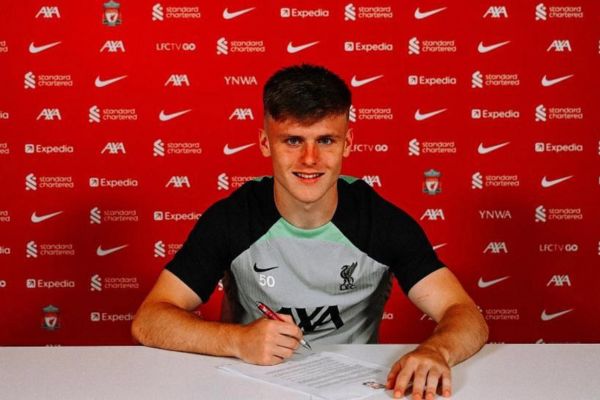Paolo Di Canio - The Crazy Guy Once in The Premier League
1 year agoPaolo Di Canio is a name that resonates with football fans. The Italian striker, known for his technical skills and fiery temperament, became a household name during his time in the Premier League. However, his legacy in English football is from his footballing prowess, controversial actions, and statements off the pitch.
In this article, Ulsfootball will explore the life and career of Di Canio, the crazy guy in the Premier League. Also, we will examine the controversies that defined his time in football. Read on to discover!
Who is Paolo Di Canio?
Paolo Di Canio was born on July 9, 1968, in Rome, Italy. He grew up in the Quarticciolo neighborhood of the city, where he developed a love for football at a young age. Di Canio began playing for a local club called Lazio Boys before eventually joining the youth system of Lazio, one of Rome's top football clubs.
Football career as a player
Di Canio's early career at Lazio was promising, and he quickly progressed through the youth ranks to make his first-team debut in 1985 at the age of 17. However, his time at Lazio was not without controversy, as he was known for his rebellious attitude and outspoken personality.
Despite his attitude, Di Canio's talent on the pitch was undeniable. He was a gifted striker with excellent technical ability, and his performances caught the attention of several top Italian clubs. In 1993, he was signed by Juventus, one of the most successful clubs in Italian football.
At Juventus, Di Canio struggled to break into the first team, as he was competing with several other talented forwards. However, he was able to make an impact in the club's successful run in the UEFA Cup, scoring several important goals. After two seasons at Juventus, he moved on to AC Milan, where he played a limited role in the team.
Di Canio's career took off when he joined the Scottish club Celtic in 1996. He quickly became a fan favorite, scoring 15 goals in his first season and helping the team win the Scottish Cup. However, his time at Celtic was cut short when he was involved in a controversial incident during a match against Rangers, where he pushed the referee after being sent off.
After leaving Celtic, Di Canio returned to Italy, where he played for several clubs, including Napoli, Lazio, and Ternana. In 1999, he made the move to English football, signing with Sheffield Wednesday. However, it was his move to West Ham United in 1999 that would prove to be the most significant of his career.
At West Ham, Di Canio quickly became a fan favorite, scoring several memorable goals and helping the team avoid relegation in his first season. He was known for his technical ability, his passion on the pitch, and his flamboyant celebrations after scoring goals. However, his time at West Ham was not without controversy, as he was involved in several incidents, including a clash with teammate Frank Lampard.
After leaving West Ham, Di Canio played for several more clubs, including Charlton Athletic and Lazio. He retired from playing in 2008, ending a career that spanned over two decades.
As a manager
Following his retirement, Di Canio moved into management, starting with Swindon Town in 2011. He quickly made an impact at the club, leading them to promotion from League Two in his first season. However, his time at Swindon was cut short when he resigned following a dispute with the club's board.
Di Canio's next managerial appointment was at Sunderland, where he was appointed in 2013. His time at the club was controversial, as he made several comments that were seen as offensive, and he was criticized for his harsh training methods. After a poor start to the 2013/14 season, he was sacked by the club.
In recent years, Di Canio has worked as a pundit and commentator, sharing his opinions on football and politics. He remains a controversial figure in the world of football, known for his talent on the pitch and his outspoken personality off it.
Paolo Di Canio Refused Sir Alex
One of the most memorable moments from his career was his refusal to play for Manchester United, who were then managed by Sir Alex Ferguson.
The incident occurred in 2001 when Di Canio was playing for West Ham. Manchester United had reportedly shown interest in signing the Italian forward, and Sir Alex Ferguson invited him to chat with him at his home. Di Canio, however, refused the invitation, citing his loyalty to West Ham.
His decision to refuse Sir Alex's invitation drew both praise and criticism from football fans and analysts. Some saw it as a sign of his loyalty and integrity, while others saw it as a missed opportunity to play for one of the biggest clubs in the world.
Paolo Di Canio pushed over the referee
The incident occurred in the 62nd minute of the match when Di Canio was sent off for a reckless challenge on Arsenal's Martin Keown. As he was walking off the pitch, Di Canio lost his temper and shoved the referee, causing Alcock to fall to the ground. The push was met with shock and disbelief from both players and spectators. And Di Canio was subsequently charged with misconduct by the Football Association.
Paolo Di Canio's push on Alcock was widely condemned by football fans and analysts, who saw it as a blatant act of aggression and disrespect towards the game's authority. The incident also tarnished his reputation as a footballer and further fueled his controversial persona.
In the aftermath of the incident, Di Canio apologized for his actions and expressed remorse for what he had done. He was subsequently fined and suspended for 11 matches, the most extended ban ever handed down for an incident of violent conduct.
Despite the severity of the punishment, his push on Alcock continued to haunt him for years to come. The incident is being replayed and discussed in various media outlets and documentaries about football's most controversial moments.
His serious attitude and desire to win
Despite his controversial moments on the pitch, Di Canio's work ethic and commitment to the game were widely recognized by his peers and managers.
One of the defining features of Di Canio's serious attitude was his dedication to training and fitness. Throughout his career, he was known to push himself to the limit in training, often going beyond what was required to maintain his peak physical condition. His attention to detail and focus on the fundamentals of the game, such as passing and shooting, earned him the respect and admiration of his teammates and coaches.
Di Canio's desire to win was also a key feature of his serious attitude. He was known for his competitive nature and refusal to accept defeat, often pushing himself and his teammates to the brink in pursuit of victory. It was evident in his performances on the pitch, where he would often take on defenders single-handedly, displaying a level of determination and skill unparalleled in his time.
Di Canio's attitude and desire to win were also recognized by his managers, who often praised his work ethic and leadership qualities. Harry Redknapp, who managed Di Canio at West Ham, once described him as "the best trainer I've ever worked with." Redknapp also credited Di Canio's serious attitude with inspiring the team to perform at their best and succeed on the pitch.
Rejections from Italian teams
Di Canio struggled to secure a place in the top-flight Italian teams during the early years of his career.
Di Canio's first taste of professional football came at Lazio in 1985. But he struggled to break into the first team and was eventually loaned out to Ternana. After a brief spell at the Serie B club, he returned to Lazio but continued to struggle for playing time, prompting him to seek a move to Juventus in 1990.
However, Di Canio's stint at Juventus was short-lived, and he was soon sold to Napoli, where he enjoyed a successful season before being sold to AC Milan. Despite his potential, Di Canio was again unable to secure regular playing time at Milan and was subsequently loaned out to several other clubs.
Despite his impressive performances during his loan spells, Di Canio's inability to establish himself at top-flight Italian teams continued, prompting him to look elsewhere for opportunities. In 1996, he signed for Celtic in Scotland, where he quickly established himself as one of the most exciting players in the league.
Following his successful stint at Celtic, Di Canio returned to Italy to play for AC Milan's city rivals, Inter Milan. However, his time at Inter was plagued by controversy, and he was eventually sold to Sheffield Wednesday in the English Premier League in 1997.
It was in the Premier League that Di Canio finally found the success and recognition he had been seeking. His impressive performances at Sheffield Wednesday earned him a move to West Ham United. Here, he became a fan favorite and established himself as one of the league's most talented and dynamic players.
Despite the rejections he faced earlier in his career, Di Canio's performances in the Premier League proved he was one of the most talented players of his generation. His success in England also helped to cement his reputation as one of the most entertaining and enigmatic footballers of his time.
His tattoo and comments about Mussolini and Italy’s fascist history
Paolo Di Canio's career in football was also marked by his controversial political views and comments about Italy's fascist history. Di Canio's tattoo and his comments about Mussolini have been the subject of intense scrutiny and debate throughout his career.
Di Canio's fascination with Mussolini and Italy's fascist history first came to public attention in 2005 when he celebrated a goal for Lazio with a raised-arm fascist salute. This gesture sparked widespread outrage and condemnation, with many calling for the player to be banned from the sport. Di Canio defended his actions, claiming that it was a gesture of support for Lazio's fans and had no political significance.
Di Canio's comments and actions have been widely criticized by anti-fascist groups, politicians, and football fans. Many have accused the player of glorifying Italy's fascist past and promoting racist and xenophobic ideas.
In 2013, Di Canio was appointed as the head coach of Sunderland AFC, a move that was met with widespread protests from anti-fascist groups and fans. The controversy surrounding Di Canio's appointment led to his resignation five months into the job.
Conclusion
Paolo Di Canio's time in the Premier League will forever be remembered for his impressive footballing skills, fiery temperament, and the controversies surrounding him off the field. Ultimately, Di Canio's legacy serves as a reminder of the complex and often unpredictable nature of football and the individuals who play it. visit Ulsfootball to watch live football on tv and read more shares on football history and legends.
Other news
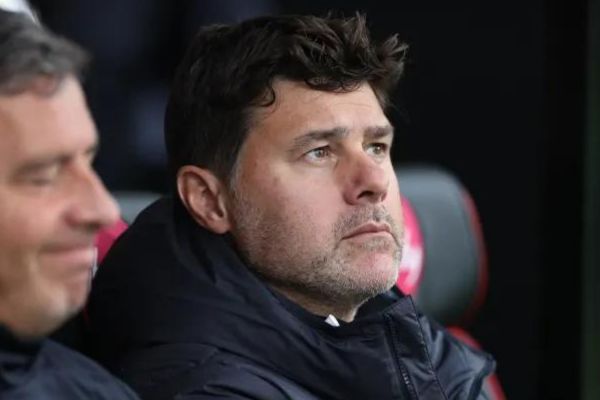
Chelsea's Injury Crisis: A Look at the Missing Players Under Mauricio Pochettino
1 year ago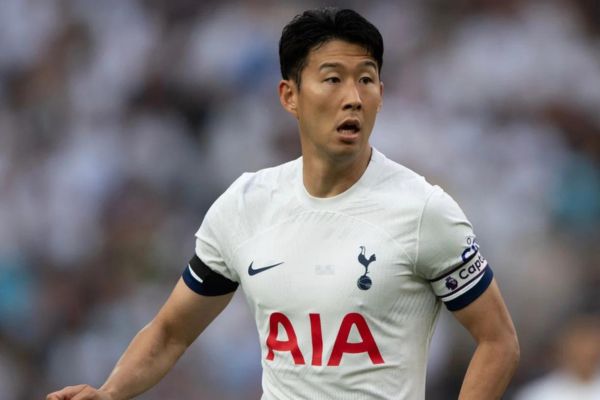
Tottenham's Plan for Son Heung-min: A New Contract on the Horizon
1 year ago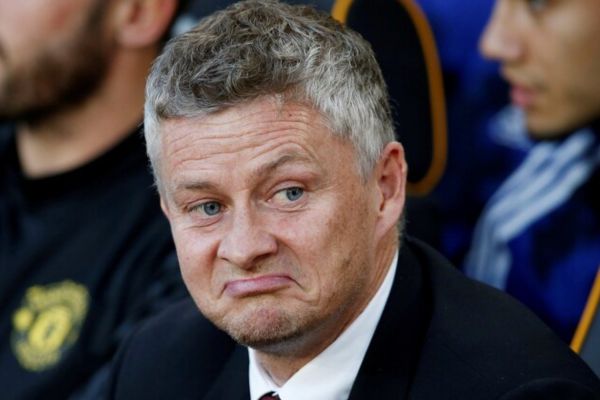
Ole Gunnar Solskjaer Addresses The "Disease of Modern Football"
1 year ago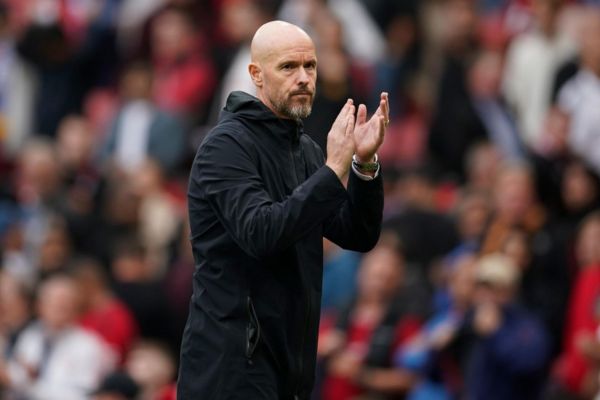
Premier League Crisis Club of the Week 2023/24: Manchester United
1 year ago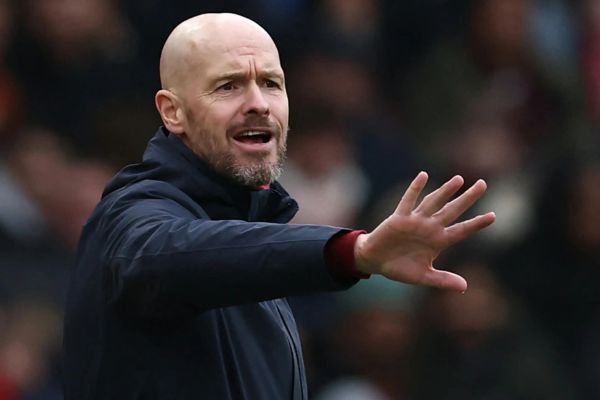
Erik ten Hag's Injury Woes Continue as Man Utd Announce Squad for Bayern Clash
1 year ago